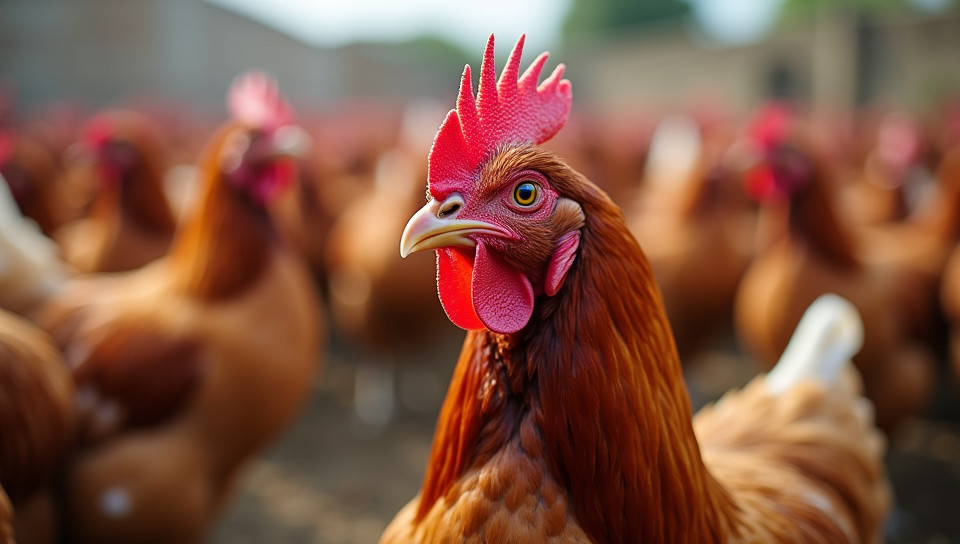Poultry producers have stopped feeding antibiotics to their birds 85%

The Shift Away from Antibiotics in Poultry Production
For years, antibiotics have been a staple in poultry farming, used to promote growth and prevent disease in chickens and turkeys. However, concerns over antibiotic resistance and the impact on human health have led many producers to rethink their approach.
The Rise of Antibiotic Resistance
Antibiotics have been used in agriculture for decades, with the first commercial use dating back to the 1940s. However, as bacteria adapt and become resistant to these drugs, the effectiveness of antibiotics is waning. According to the Centers for Disease Control and Prevention (CDC), at least 2 million people are infected with antibiotic-resistant bacteria each year in the United States alone.
The New Approach: Reduced Antibiotic Use
In response to growing concerns over antibiotic resistance, many poultry producers have begun to phase out the use of antibiotics in their operations. This shift is driven by a combination of factors, including:
- Changing consumer attitudes towards antibiotic-free meat
- Increased regulatory pressure from governments and international organizations
- Growing scientific evidence linking antibiotic use to human health risks
The Benefits of Reduced Antibiotic Use
By reducing or eliminating antibiotic use in poultry production, producers can help mitigate the development of antibiotic-resistant bacteria. This, in turn, can lead to several benefits, including:
- Improved public health outcomes
- Enhanced animal welfare
- Increased consumer trust and loyalty
The Future of Poultry Production
As consumers become increasingly aware of the importance of reducing antibiotic use in agriculture, producers are responding with innovative solutions. From sustainable feed options to alternative disease prevention strategies, the poultry industry is evolving to meet the changing needs of a global population.
In conclusion, the shift away from antibiotics in poultry production is an important step towards promoting public health and animal welfare. As consumers continue to demand more transparent and sustainable food systems, producers who prioritize reduced antibiotic use will be well-positioned for success in the years to come.
- Created by: William Davis
- Created at: Oct. 19, 2024, 7:29 p.m.
- ID: 13647








